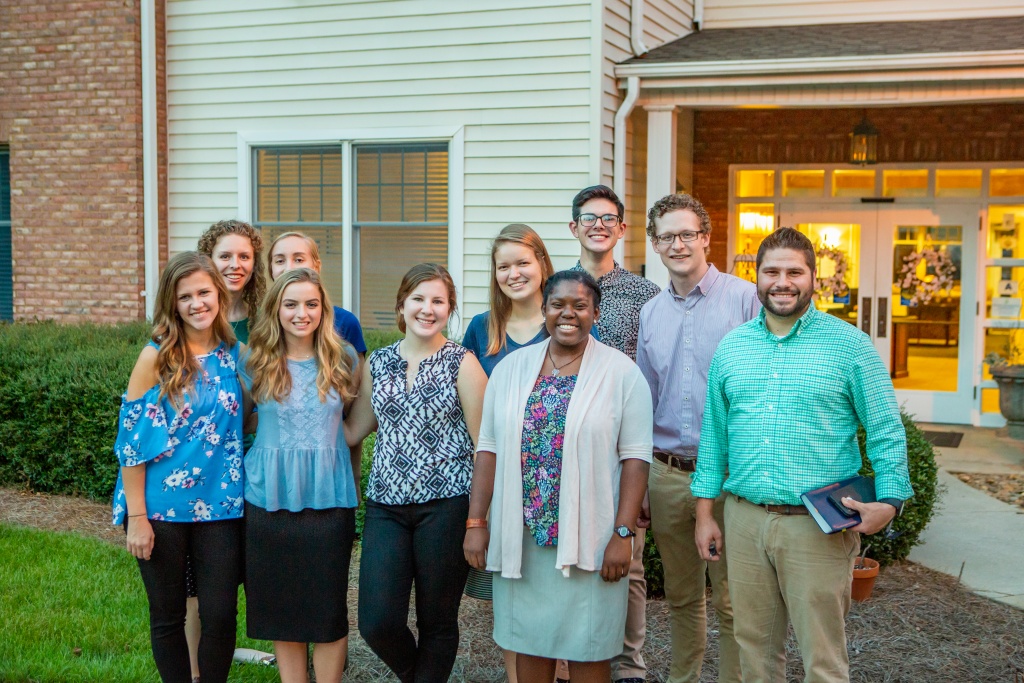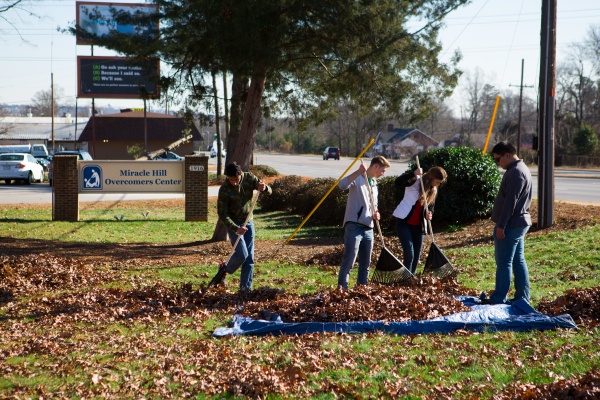We are all placed in a community, and several of us find ourselves in several of them, small and large. There’s your city and neighborhood. There’s your church body and smaller groups within the church. And then, there’s family—both extended and immediate. If you were or are in college, you know all about the challenges of living together in a residence hall, group of rooms and your room itself. All of these “communities” call us to live together with others who are not always like us, who don’t always have the same schedules, the same habits, priorities or desires as us. How can we come into a group with diversity and build toward unity to live in community? I think we have all asked this question at one time or another!
The Apostle Paul had the privilege of helping found the New Testament church—a new community in many locations, made up of a diversity of people—diverse in ethnicity, religious background, social status, giftedness, personalities, likes and dislikes. How in the world can such diversity be transformed into a unity that is a testimony of gospel grace?
He gives part of the answer in Ephesians 4:1–3, saying, “I . . . implore you to walk in a manner worthy of the calling with which you have been called, with all humility and gentleness, with patience, showing tolerance for one another in love, being diligent to preserve the unity of the Spirit in the bond of peace.” This is what I encouraged our discipleship group leaders at BJU with this past week. In this passage, Paul gives us five attitudes necessary for building community, and I attached to them a descriptive characteristic to help capture the attitude for our leaders in our context.
Humility
First, we must have an attitude of humility as we compare ourselves to others in community. Paul knew how damaging pride and selfishness was for community building. He calls us to manifest servant leadership that reflects the mind of Christ in our communities.
Gentleness
Second, we must show an attitude of gentleness as we deal with others in community. This calls for the characteristic of exercising shepherding care with those in your group. When issues that could cause disunity arise, a gentle response makes things better, not worse.
Patience
Third, we exercise an attitude of patience when we are hurt by others. We know we live in a community of growing sinners, so we are to have the mindset of suffering long—with some people longer than others—as we minister to others and pray for the Spirit’s work in their life.
Tolerance
Fourth, we express an attitude of tolerance when others are resistant to change. It takes a commitment to sacrificial love to grant others the spiritual, emotional, physical and intellectual space to express themselves as we make adjustments for the sake of living or worshipping together.
Unity
Finally, we maintain an overarching desire for unity. Unity of the Spirit is what we strive toward, what we seek, and what we must value most. It becomes our superseding goal, and we continually remind our community of this goal.
With attitudes of humility, gentleness, patience and tolerance all maintained as we strive toward unity in the Spirit, we can see community built. And we can see all parts of the community we are in strengthened as we grow toward Christlikeness.
If you would like to see more about our leader training and discipleship emphasis, check out our website at www.bjustudentlife.com.








